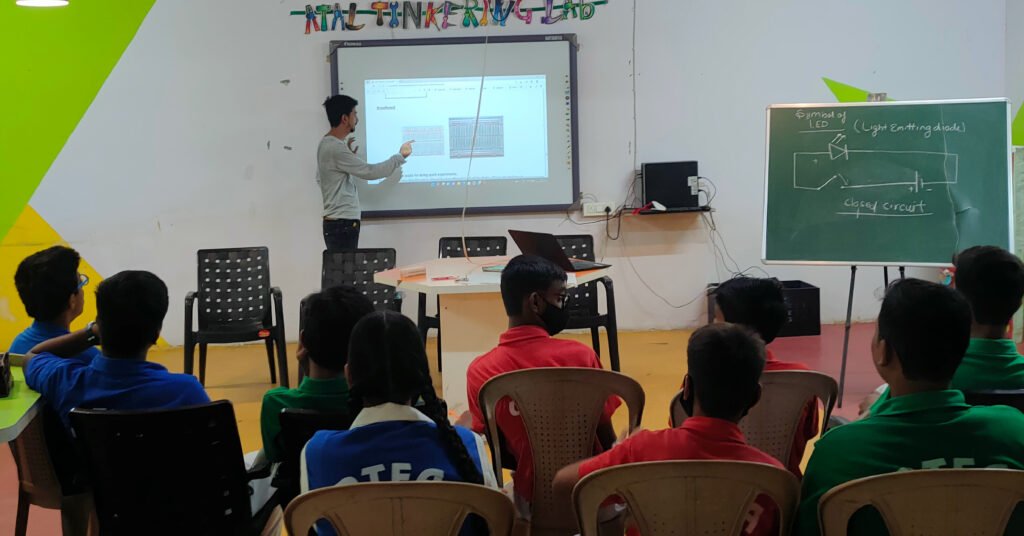Technological advances have driven industries toward automation and changed the world of work. Amid this change, STEM (science, technology, technology, engineering) education has emerged as a fundamental force in reducing the skills gap in automation industries.
Automation, fueled by innovations like artificial intelligence, machine learning, and robots, boosts productivity and lowers error rates in a variety of industries. Manufacturing facilities are evolving into intelligent, data-driven ecosystems; healthcare gains from precision medicine, robotic surgery and transportation are expanding as a result of the introduction of autonomous vehicles. These innovations provide considerable difficulties in addition to enhanced production and higher living standards.
The Importance of STEM Education
STEM education serves as the foundation for preparing individuals for roles in the automation sector. The interdisciplinary approach allows learners to develop diverse skills and integrate knowledge from different disciplines, which is important for success in technology-driven industries.
Bridging the Gap
Closing the Skills Gap Increasing reliance on automation is creating a significant gap between industry needs and available skilled labour.
STEM education acts as a bridge by adapting individuals’ skills to the requirements of automated industries, thereby reducing skills shortages.
Skills Developed in STEM Education
Skills Developed in STEM Education STEM education teaches a variety of skills essential for success in the automation industry.
From coding and programming skills to data analysis and robotics, individuals develop the specialized skills needed to cope with the complexities of automated work environments.
Adaptability in Automated Industries
The rapid development of technology requires adaptability.
STEM education fosters this trait, preparing individuals to embrace and exceed technological advances and remain relevant and competent in automated fields.
Future Prospects of the Automation Industry,
STEM-trained professionals are at the forefront of the evolving landscape of the automation industry. A strong foundation in STEM fields allows you to navigate these fields and contribute to continued innovation and development.
STEM Role in Innovation
Innovation is the driving force behind progress in the automation industry.
STEM education fosters innovative thinking, encourages individuals to think critically and creatively, and fosters breakthrough ideas and solutions.
Challenges Faced by STEM Training
STEM education addresses the challenges faced by individuals entering automation industries. This provides the necessary skills and knowledge, removes barriers and facilitates a smooth transition into these advanced work environments.
The Importance of Special Skills Industry requires special skills, which STEM education uniquely provides. Knowledge of programming languages, data interpretation, machine learning, and robotics is essential to meet the diverse needs of the automation sector.
Industry Integration Collaboration
Collaboration between educational institutions and industry plays a central role.
Partnerships, internships and practical projects bridge the gap between theory and application, ensuring graduates are industry-ready and seamlessly integrated into the automated world of work. Collaboration and Partnership Synergy between science and industry strengthens the impact of his STEM education on the automation industry. Collaboration fosters innovation, practical implementation, and curriculum alignment to industry needs.
Promoting Diversity STEM Education
Encouraging people from diverse backgrounds to join her STEM fields not only diversifies the talent pool but also fosters innovation through different perspectives and experiences.
Developing Problem-Solving Skills
Problem-solving is the basis of success in the automation industry.
STEM education sharpens this skill, allowing individuals to effectively analyze, strategize, and solve complex challenges.
In summary, STEM education is critical to tackling this dilemma, as it provides individuals with the skills and information required to flourish in an automated environment. By embracing STEM education, we can lessen the consequences of job displacement while simultaneously unlocking the full promise of automation for a brighter, more prosperous future.




